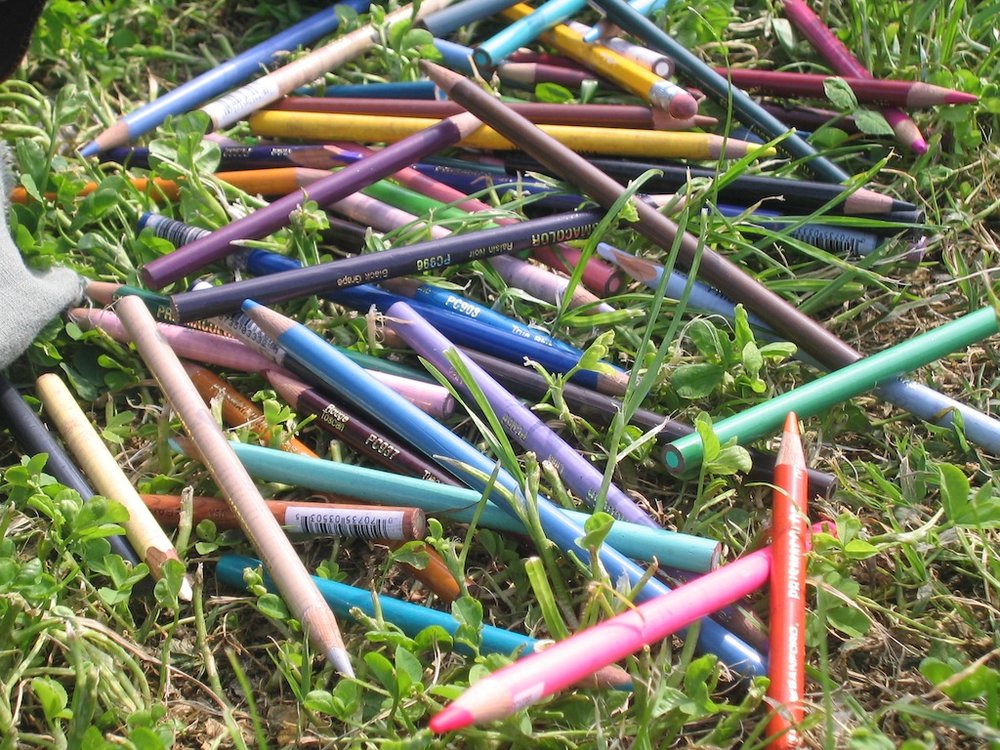What's Your Relationship to Clutter?

Are you and clutter on a break? Your space is clear and you’re feeling stress-free. Perhaps everyone around you is clutter obsessed, but it’s not on your radar. Piles that have accumulated on floors, surfaces, corners and closets don’t bother you. Or, does the clutter in your physical space, and also in your schedule and thoughts overwhelm you? What is your relationship to clutter? Are you on a clutter hiatus, oblivious to clutter or overwhelmed by it?
Thinking about this relationship will help locate where you are with your clutter and give you ideas for possible next steps. I recognize that it’s not this black and white. Our relationship to clutter can shift regularly. This is just one concept. Find what makes sense to you.
Clutter Break
You know you’re on a clutter break if you can easily move around your space, find what you need when you need it, and are not experiencing daily stress that is often associated with too much clutter.
Next Step: Your relationship to clutter is positive. You have no clutter worries and can shift your energy to other areas of your life. Choose what interests you like focusing on better self-care, having more time with friends and family, or learning something new. What’s possible for you?
Clutter Oblivion
You don’t quite get what all the fuss is about. You have some piles here and there. What’s the big deal? You sometimes hunt for things, but for the most part you can find what you need. You prefer your things out and visible, but it’s the people you live that don’t like it. They give you a hard time because their clutter tolerance and yours are not the same.
Next Step: Conflicts arise when needs are contrary. It’s not that your way or their way is right or wrong, it’s just different. Living with people involves compromise if you desire a more harmonious environment. So what might work? One suggestion is to create zones for communal and private areas? Establish boundary rules for these areas. The private areas can be kept any way the “owner” wants. The communal areas can include respect rules agreed on through compromise. What else might work?
“Living with people involves compromise if you desire a more harmonious environment.”
Clutter Overwhelm
The spaces, the thoughts, and the schedules are overflowing. There is not enough room to do what you need, have mental energy to feel calm, or time to make any changes. Or, at least it feels that way. The days aren’t flowing well. You spend time hunting for glasses, keys, the library book that’s due. You have so much going on in your head that you feel like it’s going to explode. Your calendar is over-scheduled and you feel like there is not time to relax.
Next Step: You always have choices. Especially now because you are so overwhelmed, it’s critical that you take a step back. No prizes are given for those that burn themselves out. Find a quiet space, make a cup of tea, and start to brainstorm about what can be released. For the physical clutter, can a closet, a drawer or a surface be de-cluttered? One small action can make an enormous difference. For the mind clutter, can you take 10-15 minutes to do a brain download? Get those floating thoughts out onto paper, computer or voice message. With the full calendar, think through your commitments. Can you convert any of the “yeses” into “not nows?” Self-care might seem like an impossibility right now. It’s more critical than ever. Break it down. Think small. What single tiny step can you take now?
What is your relationship to clutter right now? What comes next? Come join the conversation and share your thoughts with us.

